 Geneva/New Haven, CT, April 8, 2014 – The World Business Council for Sustainable Development (WBCSD) today announced a partnership with the Yale School of Forestry & Environmental Studies (F&ES) and the Yale School of Management (SOM) that will promote collaboration between Yale scholars and global business leaders to address critical sustainability issues. The partnership builds on ongoing collaborations between the Yale Center for Business and the Environment and the WBCSD’s U.S.-based Regional Network partner, the United States Business Council for Sustainable Development.
The partnership will enable Yale students and faculty to engage directly with business leaders from across the WBCSD network with the ultimate aim of inspiring management practices –particularly across the 25-school Global Network for Advanced Management established by SOM – that better address the business challenges of the 21st century.
Geneva/New Haven, CT, April 8, 2014 – The World Business Council for Sustainable Development (WBCSD) today announced a partnership with the Yale School of Forestry & Environmental Studies (F&ES) and the Yale School of Management (SOM) that will promote collaboration between Yale scholars and global business leaders to address critical sustainability issues. The partnership builds on ongoing collaborations between the Yale Center for Business and the Environment and the WBCSD’s U.S.-based Regional Network partner, the United States Business Council for Sustainable Development.
The partnership will enable Yale students and faculty to engage directly with business leaders from across the WBCSD network with the ultimate aim of inspiring management practices –particularly across the 25-school Global Network for Advanced Management established by SOM – that better address the business challenges of the 21st century.
“The world needs action on sustainability issues, and more importantly, action that can be scaled up,” said Peter Bakker, president, WBCSD. “We’re partnering with Yale University to better leverage the worlds of science and management schools to scale up ideas and create new ways of approaching how business can positively contribute to a sustainable future.”
The partnership’s initial focus will be the promotion of regional internships for students, research opportunities, and a pilot online course – Natural Capital: Risks and Opportunities in Global Resource Systems, which was launched in January. The course uses case studies to highlight businesses’ dependence on access to critical resources, such as materials, energy, food and water, and the risks and opportunities inherent to operating in an increasingly resource-strained environment.
“WBCSD is leading the effort to bring actionable science about the resource systems on which we all depend to networks of global and local businesses around the world," said Yale professor Brad Gentry, co-director of the Center for Business & the Environment at Yale (CBEY), who teaches the online course.
"Helping businesses understand the systemic risks to their operations going forward, as well as the opportunities to offer business solutions for those risks, is the best path for bringing business creativity and innovation to a sustainable future.”
The WBCSD will also leverage its vast network of business leaders, policymakers and subject-matter experts for a Yale-based speaker series that will offer real-world insights on sustainability issues. In addition, the partnership calls for the creation and use of new materials and curriculum for sustainability leadership and innovation, including faculty workshops and an “immersion week” for faculty and business partners.
About Yale F&ES
The Yale School of Forestry & Environmental Studies (F&ES) is an internationally recognized graduate school that trains tomorrow's environmental leaders, and creates new knowledge to sustain and restore the long-term health of the planet and the well-being of its people. Yale F&ES provides professional training across a broad range of specializations to students from around the world, offering masters degrees in environmental management, forestry, forest science and environmental science, in addition to a PhD degree program. Yale F&ES also offers joint masters degrees with nine different schools for disciplines including law, management, public health, and architecture.
About the Yale School of Management
The Yale School of Management attracts broad-minded, intellectually curious students and faculty. An integrated curriculum, close ties to Yale University, and an active connection to the Global Network for Advanced Management ensure that Yale MBAs not only acquire crucial technical skills but also develop a genuine understanding of an increasingly complex global context. Yale MBAs assimilate information and ideas from multiple sources, functional areas, and points of view to lead effectively in all regions and sectors. Yale SOM offers a full-time MBA program, as well as an MBA for Executives with focus areas in sustainability, asset management, and healthcare, Master of Advanced Management, and PhD.
About the Global Network for Advanced Management
The Global Network for Advanced Management is a group of 25 leading business schools around the world that promotes exchanges between professors, students, and alumni, as well as research into global business issues. The network supports project work between students as part of a global team, organizes exchanges such as the Global Network Weeks through which students can attend lectures and courses at other member universities, and offers Global Network Courses, for-credit courses taught online by a member school that are open to students throughout the network.



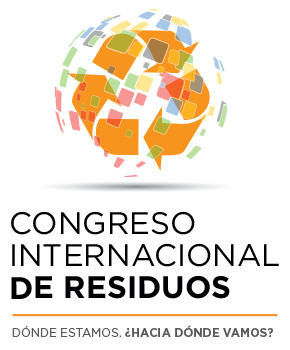 Andy Mangan, US BCSD Executive Director, was invited to speak about By-Product Synergy on April 25th at the first Congreso Internacional de Residuos (International Congress of Waste), held in Buenos Aires, Argentina. The global event was attended by representatives from Colombia, Costa Rica, Venezuela, United States, Brazil, Spain, Greece, Italy, England, Germany and France.
Andy Mangan, US BCSD Executive Director, was invited to speak about By-Product Synergy on April 25th at the first Congreso Internacional de Residuos (International Congress of Waste), held in Buenos Aires, Argentina. The global event was attended by representatives from Colombia, Costa Rica, Venezuela, United States, Brazil, Spain, Greece, Italy, England, Germany and France.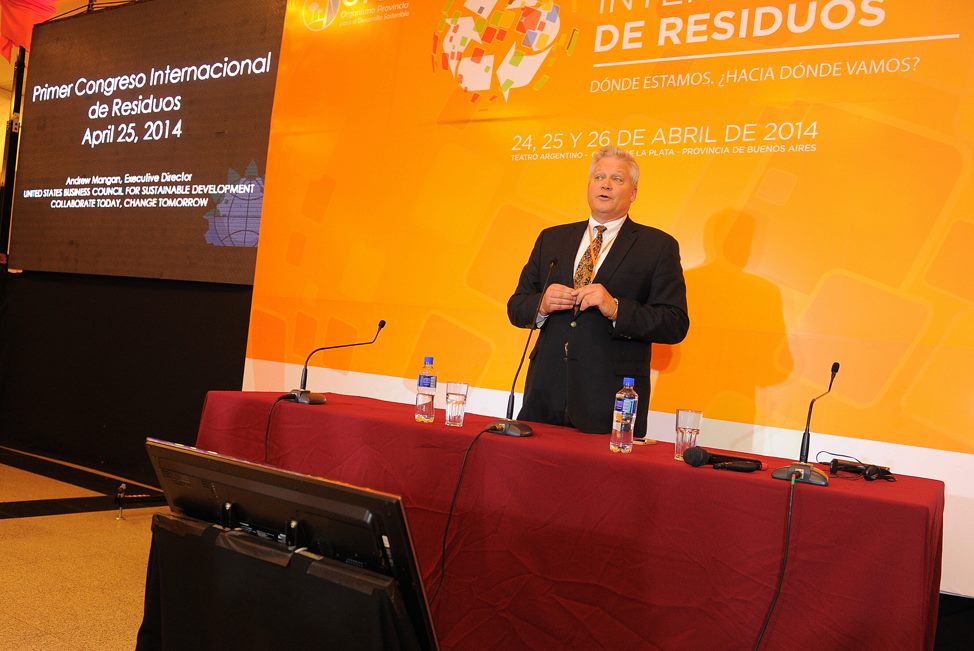
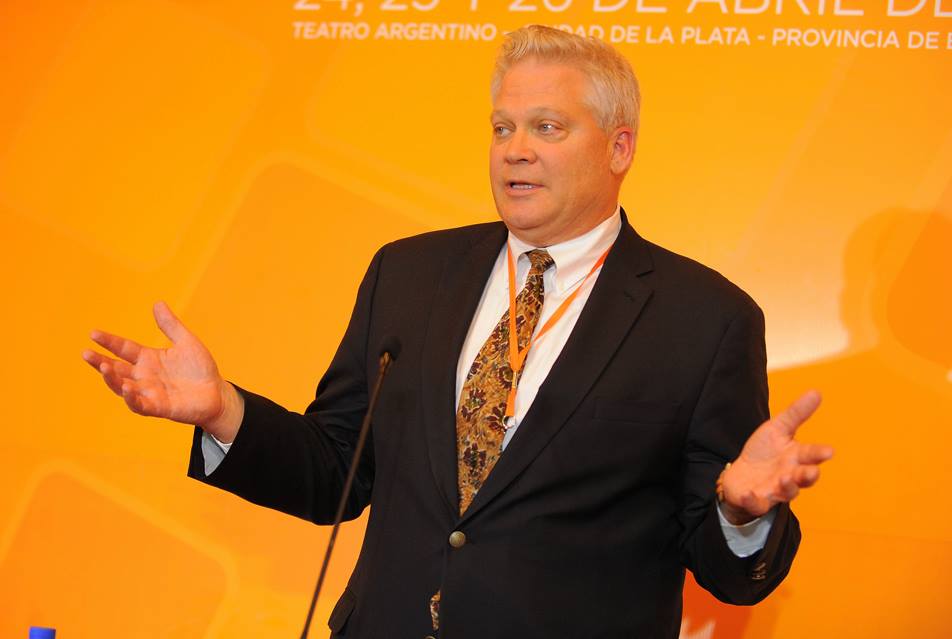
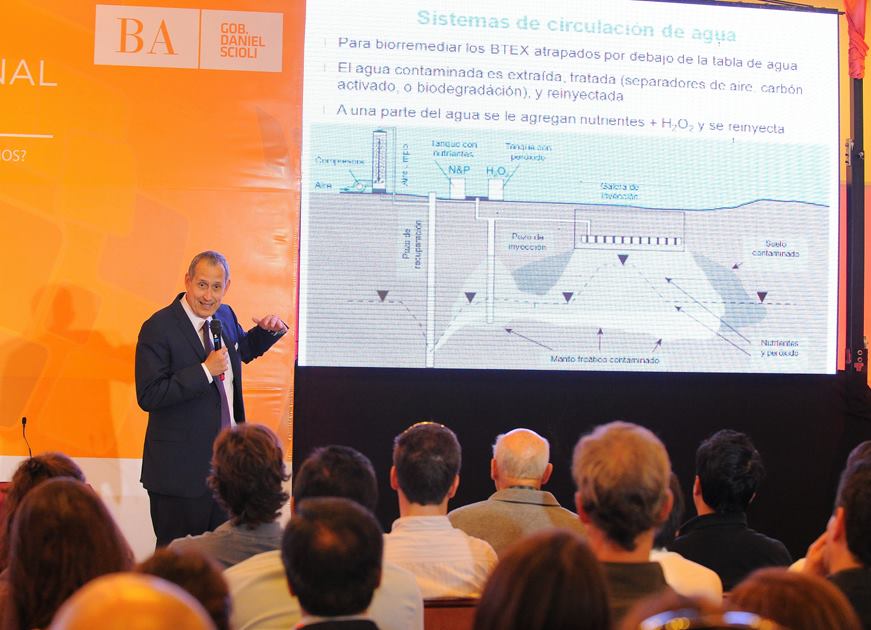


 You slashed your water consumption. You shrank your energy bill. You improved efficiencies in your supply chain. Now what? It's time to put sustainability to work for your business. On May 6th, join us at the
You slashed your water consumption. You shrank your energy bill. You improved efficiencies in your supply chain. Now what? It's time to put sustainability to work for your business. On May 6th, join us at the 

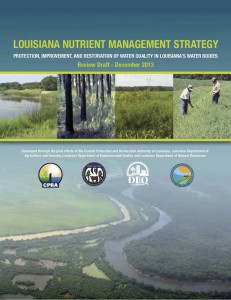

 US BCSD Member General Motors' 110th Landfill-free property is a big one: 5.5 million square-feet, 12,000 office workers, 3,000 daily visitors, with a 73-floor hotel. The Renaissance Center in Detroit, Michigan is no longer sending any waste to the dump. The Detroit Free Press reports,
US BCSD Member General Motors' 110th Landfill-free property is a big one: 5.5 million square-feet, 12,000 office workers, 3,000 daily visitors, with a 73-floor hotel. The Renaissance Center in Detroit, Michigan is no longer sending any waste to the dump. The Detroit Free Press reports,
 The nutrient management plan will be released by the end of 2013, and includes water quality monitoring, point source wetland assimilation, coastal river diversions, and best management practices. LDEQ is seeking to incentivize non-point sources – like municipalities and agricultural operations – to adopt best management practices. They also encourage industry in LA to openly communicate what they’re already doing to manage nutrients in an effort to foster a positive relationship between point and non-point sources.
The nutrient management plan will be released by the end of 2013, and includes water quality monitoring, point source wetland assimilation, coastal river diversions, and best management practices. LDEQ is seeking to incentivize non-point sources – like municipalities and agricultural operations – to adopt best management practices. They also encourage industry in LA to openly communicate what they’re already doing to manage nutrients in an effort to foster a positive relationship between point and non-point sources. Property Assessed Clean Energy financing in Texas was front page news in the
Property Assessed Clean Energy financing in Texas was front page news in the